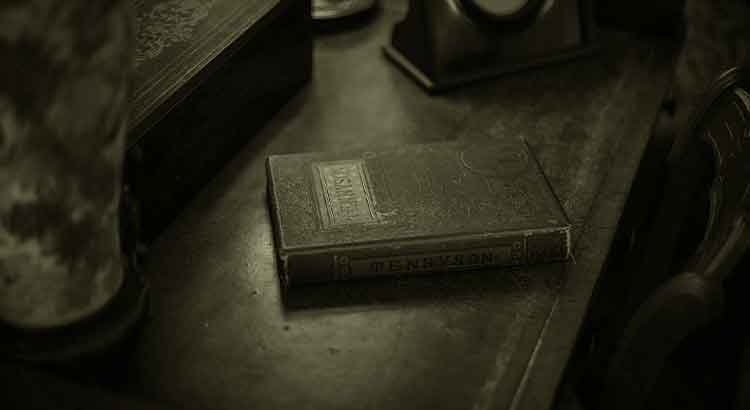Easy question and prompt answer. How to deal with creative blocks? Giving it due importance: none.
I even understand the terror of some writers with the white screen, the vacuum of ideas, such “creative blocks”. But I see this as an extremely fragile problem, likely to be broken with three beats on the keyboard.
What is so-called “creative blocks” is usually the set of psychological excuses that a writer repeats to himself for not writing.
As long as it is possible to begin a novel with “Once upon a time…”, a tale with “It was a sunny morning…”, an essay with “The object of this study…” or a dialogue with “How are you?”, creative block will never be a relevant problem.
But what happens, and the little practice has always supported me, is that the fingers activate the brain, and if they dare to type something like “Once upon a time…”, automatically the brain, irascible and relentless, will make immediate correction, so that even before the fingers finish their youthful intent, the phrase will already be properly reconstructed.
The brain is lord and stubborn broker of the fingers, but needs their stimulus to put itself to work. So, if a sunny day dawns, just for that, the brain will begin to paint it as it should be, and then the fingers, very agitated and hasty slaves, will have to review the work done badly or continue if it is good, which they will do with great pleasure, since they are made to hard work. In short: it all comes down to a matter of starting the movement.
Therefore, understanding “creative block” as a problem of the fingers, taking note that, when sitting down, he will immediately put himself to write, regardless of the emotional state, environment or motivation of the day, the writer can thus keep his spirits up for the terrible work that awaits him in the review, which will require everything possible to extract from his brain, tormenting him with the unattainable form, the failure in the rhythm of the text, the bad chaining of paragraphs, the word that escapes or does not express to him precisely… not to mention, of course, the extremely bitter feeling that will immediately sprout in his chest as soon as the brain begins to bring to life the lines written in a state of emotion.
This “creative block” is a problem that arouses laughter when the writer stakes goosebumps in front of a poorly written text, full of errors, long-winded, tedious, inexpressive, knowing that exactly this text took him tens of hours and constitutes, in short, the work of his life.
____________
Read more:



